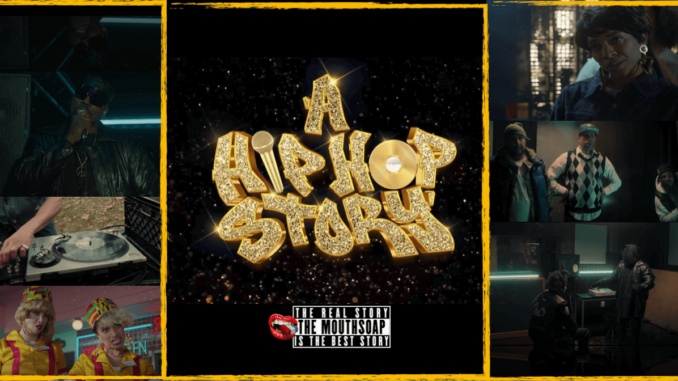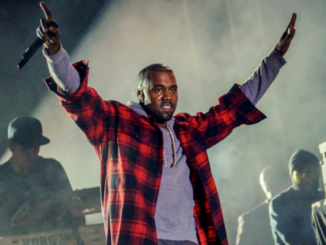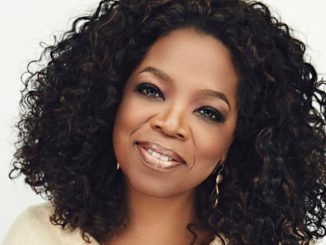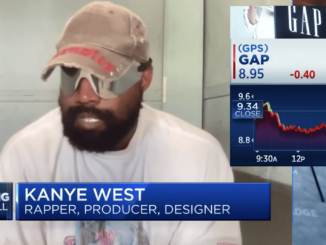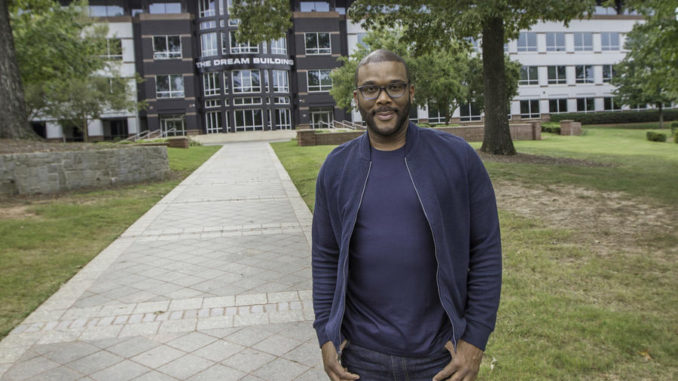
Revenge is a platter best served successful. No one knows that better than Mr. Tyler Perry, himself. The playwright who became a hit underground sensation for his relatable Madea plays is now considered a billionaire, according to Forbes. The last few years have been incredible for the multi-hyphen talent. He’s brokered a great deal with ViacomCBS that includes equity in the streaming platform BET+ and an annual $150 million contract for original content. Perry has also had the grand opening to his 330-acre lot Tyler Perry Studios in Atlanta, where “everybody that’s somebody but Hollywood doesn’t know it yet” came to celebrate with the self-made billionaire.
The conundrum with Mr. Perry is that he had a solid base of diehard fans mainly from the church community that supported his beginning works. However, as he shot up in the stratosphere of entertainment and more audiences became aware of his work, he was susceptible to all kinds of criticism.
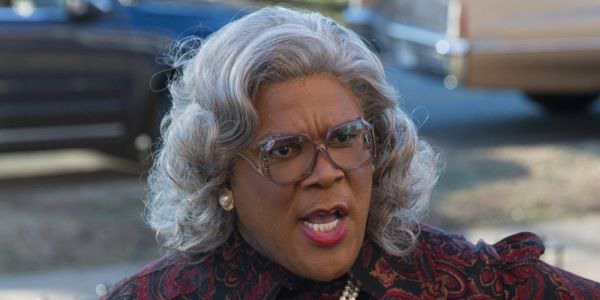
The big thing that people couldn’t get over was that he played the matriarch in a lot of his content. The Tyler Perry brand became a pop culture joke for some circles, including the elite black moviegoers and filmmakers. But, something shifted within the last year. All of those people who refused to respect Perry’s hustle are all of a sudden not so closed minded. In fact, they’re praising him. Now, they want to know his secret. They’re trying to find out his formula. Now, they’re trying to catch up.
But, the secret was a mixture of rejection, perseverance, and belief in oneself. In Perry’s case, rejection was redirection. As he established a following with his plays, he took his ideas to Hollywood only to be rejected as white executives had all types of excuses for not picking up his pitches. The overall sentiment was that “mainstream don’t want to see this,” and “church folks don’t go to the movies.” Boy, were they wrong.
Instead of throwing in the towel and sulking back in Atlanta, Perry went to work, nearly creating a full season of content on his own. The result would be a deal for his breakout sitcom House of Payne. Perry was able to lock down an enticing $100 million-plus deal with TBS, just enough to put him in the game of negotiation.
Meeting with the CEO of Lionsgate, Perry made an offer that couldn’t be refused. He would invest half of the cost for his first film. In exchange, Perry maintained ownership of his content. This was nearly unheard of, particularly for black filmmakers.
Distributed by Lionsgate, Diary of a Mad Black Woman came out at movie theaters in 2005 grossing a box office of more than $21 million over its opening weekend. The film’s budget was only $5.5 million! That’s how Tyler Perry, the filmmaker, was born.
With intellectual property that’s worth over $300 million, his Atlanta studio and a host of exclusive deals, Perry now has a net worth over a billion dollars. But, would the story be different if Hollywood was receptive to his brand of content? Imagine if they saw his vision and bought his content taking a full equity stake in the beginning of his television and film career. He wouldn’t be the boss that he is today.
Instead, like so many others, he would be slaving away in a contract with some major studio, asking them for gigs. He would be like Ice Cube, 51, who has to rely on the majors to decide when to develop, distribute and market the highly demanded new addition to the Friday franchise. Or like Nick Cannon, 39, who can be kicked out of Hollywood, leaving with only the checks someone signed for him. Essentially, for Mr. Perry, rejection was protection.
Within the last two years, there has been an influx of announcements on new black billionaires. Dr. Dre, 55, made waves with his $3 billion deal with Apple back in 2014. But, after all was said and done, the California rapper fell just $200 million short of billionaire status, according to Forbes.

It wouldn’t be long before Jay-Z, 50, would be confirmed having a net worth of a billion dollars in 2019. In a race to also gain the title, Kanye West, 42, would self proclaim that he entered billionaire status in 2019. Forbes disputed the claim, unwilling to give him the title until 2020 after West showed receipts.
These black entrepreneurs are paving the way for more black people to increase their net worth and enter into the billionaire club. What they all have in common is that they were all once underestimated somewhere along their career.
For instance, with Reasonable Doubt in hand, Jay-Z was forced to continue to create, distribute and market his own content after he and his former business partner Damon Dash attempted to link with a hip hop record label only to be rejected.
It was the best thing that could’ve happened to him. Instead of saying no to himself, Jay-Z, Damon Dash and Kareem “Biggs” Burke founded independent label Roc-A-Fella Records. Two decades later, he has ownership in Tidal, Roc Nation, D’Ussé cognac, and owns his masters (a move he made after becoming president of Def Jam).

Kanye West is another example of a black entrepreneur that was discounted and is now a billionaire. In the beginning of his career, he was only seen as a music producer. But, when he had aspirations to rap too, many didn’t want to give him a shot citing his overly fashionable image and slightly refined upbringing as reasons for rejection. It wasn’t until Damon Dash gave him the opportunity was he able to show his skills. The rest was history.
Following in the footsteps of Jay-Z, his “big brother” at the time, West would go into entrepreneurship branching into the fashion industry with his successful shoe and clothing line Yeezy, expediting his climb to billionaire status up a few notches. But, it wasn’t always easy. West had to deal with being rejected by mainstream fashion houses as they looked down on the rapper and his vision. Just like Tyler Perry, he too had to deal with the criticism of the black community for his chosen path. He now dabbles in politics, architecture and real estate.
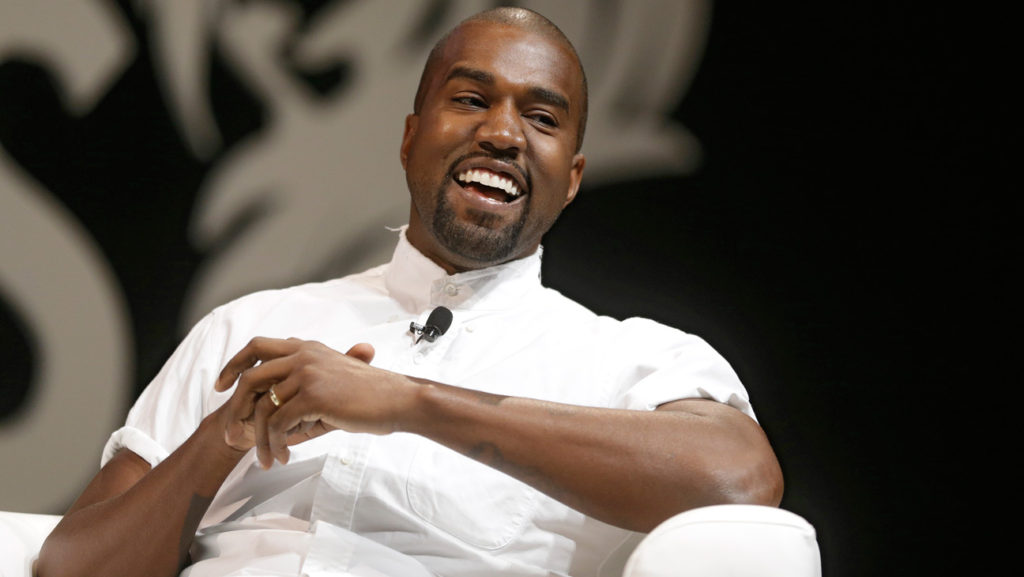
Tyler Perry, Jay-Z, Kanye West, and more, have proven that when mainstream says no, that’s the golden ticket to say yes to yourself. You just might be the next billionaire that Forbes adds to their list.
